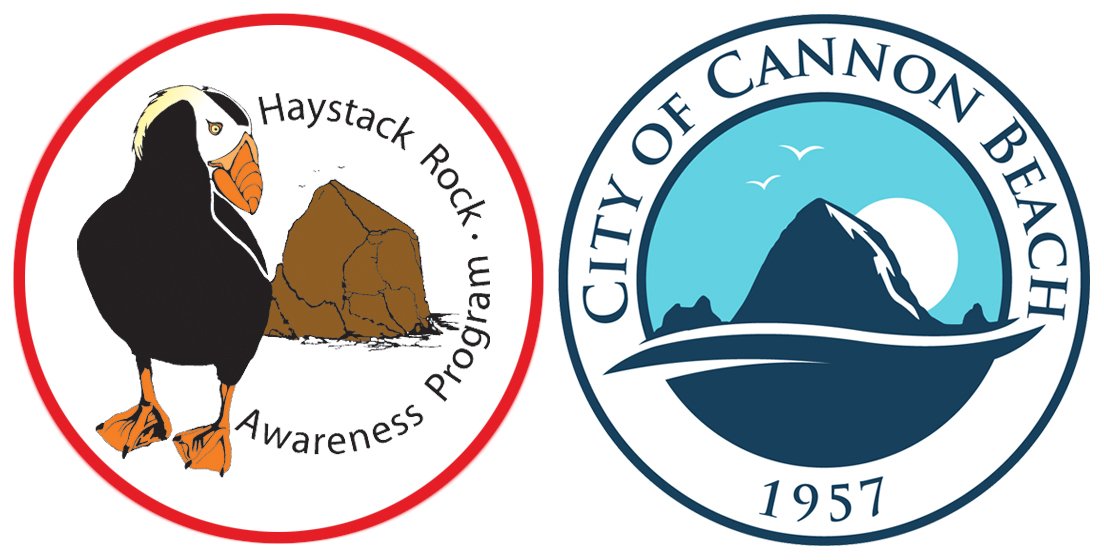Help Give Them a Fighting Chance.
Have you found sick, injured, or orphaned wildlife along the Oregon Coast?
Birds and (land) Mammals: call the Wildlife Center of the North Coast Rescue Hotline at (503)338-0331. If you do not receive an answer, please leave a detailed message.
Deer and Elk: call the Wildlife Health Lab at (866)968-2600.
Marine Mammals: call the Marine Mammal Stranding Network at (541) 270-6830.
Did You Find an Injured Bird or Mammal?
The Wildlife Center of the North Coast (WCNC) is a 501(c)3 non-profit organization in Astoria, Oregon. This team of dedicated staff and volunteers rescue and rehabilitate injured, sick, orphaned, and displaced native wildlife with the goal of releasing healthy, strong animals back into their appropriate habitat. The WCNC is the only wildlife care hospital on the Central and North Oregon coast, they serve as far south as Newport and as far north as Long Beach, Washington. With an average of 1,000 patients annually, the center specializes in seabird rehabilitation but provides medical care for all native birds and most native mammals.
If you find injured, sick, or orphaned wildlife while our program is on the beach, please let us know! Depending on availability, we can rescue and arrange the transport of the injured animal to WCNC. If our program is not present, please contact WCNC directly.
We are proud of our partnership with WCNC and encourage our patrons to support this invaluable local resource; learn how you support the WCNC here.
Wildlife Rescue Tips:
Always contact your local wildlife rescue center before interacting with sick, injured, or orphaned wildlife.
If capturing the animal is necessary, cover its head and body with a towel or clothing. Be sure to keep the animal away from your face, and hold it down low by your hips. Be aware that wildlife can cause injury especially when feeling threatened.
Keep the animal in a cardboard box or kennel with holes large enough to allow airflow. Keep a towel on the bottom of the container, ensure the lid is closed, and keep the container in a dark, quiet place.
Avoid excessive contact with the animal. Stress is a common killer to injured wildlife so give the animal space. Be sure to keep children and pets away.
Do not feed or give water to the animal without first speaking to your local wildlife rescue.
Keep the animal warm, especially if it is wet.
In the case of abandoned wildlife, please contact your local wildlife rescue before intervening. The parents may be nearby even if not visible.
Did You Find a Stranded Marine Mammal?
Give them space! All marine mammals are protected under the Marine Mammal Protection Act (MMPA). This federal law makes it illegal to move, touch, harass, feed, or kill marine mammals.
In the event that you encounter a marine mammal, whether alive or deceased, please notify the Marine Mammal Stranding Network at (541) 270-6830 or the Seaside Aquarium at (503) 738-6211. If our program is present, please inform us so we can take necessary measures, such as placing signs to establish a safe zone around the animal and assist in contacting the relevant authorities for further assistance.
It is important that beached seals or sea lions be left alone and both people and pets are kept away from the animal. Often, these animals are healthy and just in need of rest. Young pups, who may appear abandoned, are often just resting and waiting while their mother rests or hunts for food.
Injured seals and sea lions are not rehabilitated in Oregon, except for endangered species such as the Guadalupe fur seal which may occasionally be seen on our shores. Our partners at the Seaside Aquarium are part of the Marine Mammal Stranding Network and can rescue these animals if feasible.


